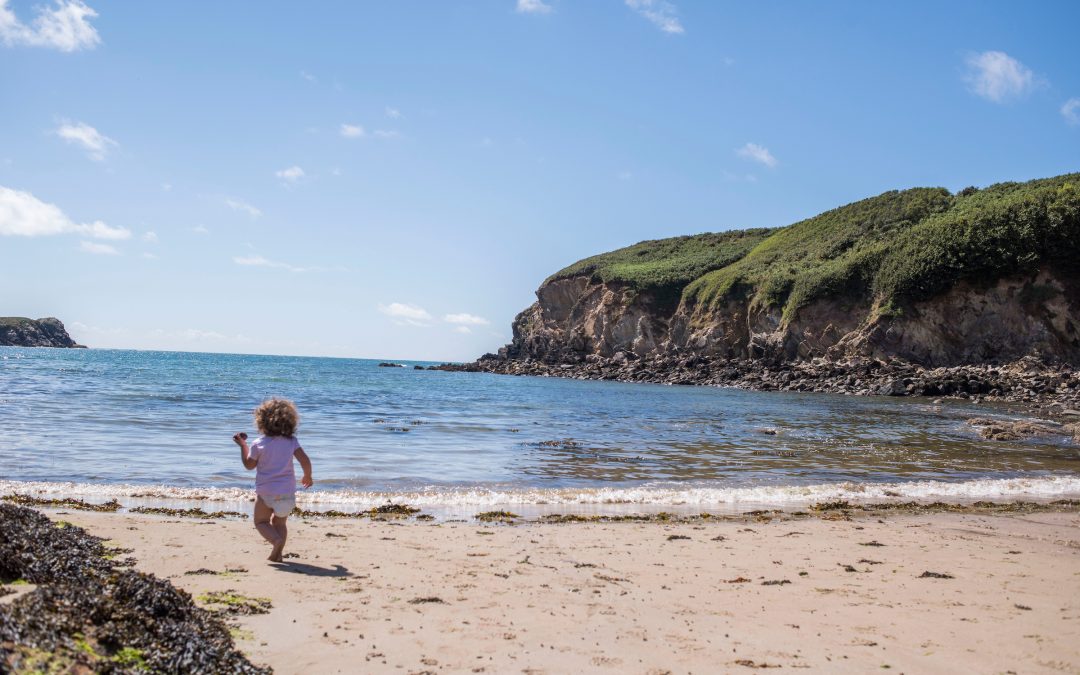B.R.E.A.T.H.E
Air pollution affects everyone’s health but children are especially vulnerable to the toxic air they breathe on a daily basis. The growth of young and developing lungs can be inhibited and the functioning of the lungs and respiratory system can be permanently impaired. This damage may never be reversed and could put them at higher risk of developing further health problems in later life such as asthma and heart disease.
Research conducted through a major study, The Exhale project by King’s College London, found that the lung capacity of 8 and 9 year-olds in Tower Hamlets, London is 5% lower than the national average. London exceeds the legal limit of air pollution on a daily basis and despite new promises of cleaner air, with 2.5 million licensed cars on the City’s streets, it’s going to be a few years before we are inhaling an ounce of clean air.
“Further research by Kings College estimated that air pollution contributed to around 9,500 deaths a year in London in 2010, and it has been proven to cause illnesses ranging from asthma, eczema and itchy eyes to cancer and lung disease.”
Tips to Help Children Protect Their Health
B.R.E.A.T.H.E
Breathe – Bringing awareness to our breath will also help us notice the air that we breathe – the air quality changes throughout the day and it’s important children are aware when they are breathing in toxic air. Take a few minutes to enjoy some mindful breathing each day…in class or at home…see if you can notice the difference in quality of the air outside compared to inside the classroom. It’s important children become aware of how polluted their streets are – the better relationship they have with air quality, the more likely they will insist we keep campaigning to improve it. Teach them to cover their noses and mouths if they are in a polluted area. They will copy parents and carers so if we start doing taking action such as covering up our mouths, noses and talking about it, they will follow.
Remind parents and teachers that when idling, leaving the engine running when the car is not moving, pollution is WORSE INSIDE the vehicle, so by leaving the engine on they are bringing dirty air into the car. It is less polluting to turn your engine off and restart it later than leave it running. Idling is FUELISH! Remind others drivers of the dangers, if you see them doing this.
Exercise – Walking to school as many days of the week as you can will help reduce the nasty particles that live in the air from car fumes inside the car. You will be helping your lungs and your friend’s lungs, avoid breathing in these free radicals and particles, which cause so much damage to your health in later life. Always exercise in parks and green areas, away from busy roads. Exercising in green and leafy areas, which naturally have cleaner air, will help clear the lungs and give the body a break from the pollutants found in the air on the roads and streets.
Avoid busy roads and streets on the way to school and at the weekends. If walking or scooting/ cycling, find the roads with the least traffic and walk this route instead of roads which are bumper to bumper with cars, buses and vans. Leave a little earlier to avoid the school traffic rush..this will give you a little more time in the playground and you will be on time more often! Note: children breathe 50% more air per pound of body weight than adults. That’s a lot more pollution going into their lungs than adult lungs.
Turn your engine off – Have a zero tolerance for Idling. If you spot anyone idling, offer them the vital information that pollution is 9 – 12 times higher in the car than outside (Southampton Uni Study – via The Guardian) it’s healthier to switch the engine off – for those inside and outside the car. The inspiring group Mums For Lungs have launched a flyer campaign. Join Mums for Lungs – click here.
Healthy lungs – buying air purifying plants for your home (and classrooms!) can help you breathe cleaner air when indoors. NASA has drawn up a list of the top 10 Air purifying plants which include: Spider Plant, Peace Lilly Plant, ZZ Plant, Boston Fern amongst it’s best for keeping the air fresh when indoors.
Educate yourself and others on how best to avoid polluting the air and also how best to avoid breathing toxic air. There are many websites you can visit to broaden your knowledge and spread awareness:

